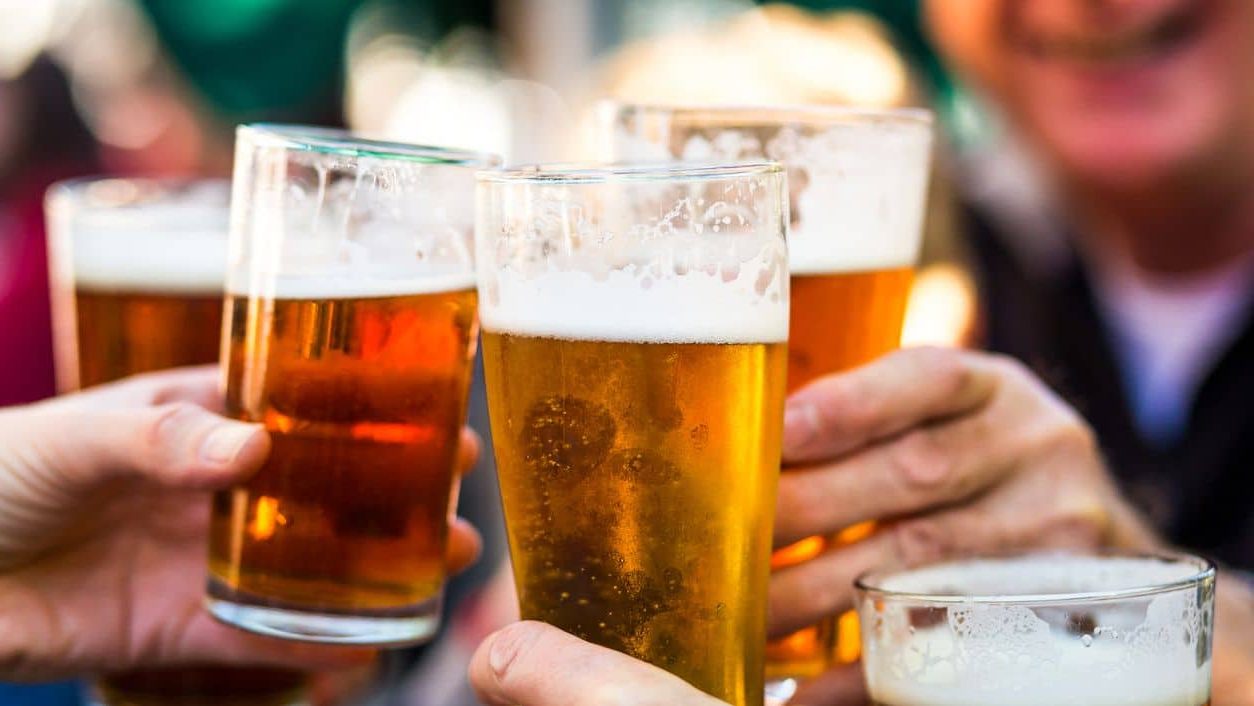Drinking alcohol can be very dangerous for those with diabetes. Alcohol causes insulin resistance, meaning it causes the body to stop responding to insulin—leading to an increased risk of developing diabetes and other health complications. In addition, many alcoholic drinks are sugary or full of empty calories, which further add stress to your digestive system and weight.
Alcoholic beverages are also full of potential hidden dangers. The sugars and additives used in some mixed drinks may contain ingredients not listed on the bottle label. Therefore, it’s essential to read all labels when buying alcoholic beverages, so you don’t accidentally consume something you weren’t expecting, especially if you are diabetic.
Should You Drink When You Have Diabetes?
Many people wonder if they should drink when they have diabetes. The short answer is no. Alcohol is hazardous for those with diabetes, so you should avoid drinking if you have the condition. Any alcohol intake is too high risk for people with diabetes and poses a significant risk of nutrient deficiency, poor blood sugar control, and other complications like insulin resistance.
How Can Alcohol Lead To Type 2 Diabetes
There are three ways how excessive alcohol consumption can contribute to diabetes development:
- Alcohol abuse can make the body less sensitive to insulin, which can lead to type 2 diabetes.
- A typical side effect of chronic pancreatitis, which can be caused by binge drinking, is diabetes.
- Alcoholic beverages frequently have a high calorie content. Drinking therefore increases your chances of gaining weight or obesity, which increases your risk of getting type 2 diabetes.
Effects of Alcohol on Diabetes Patients
As a diabetes patient, here are some vital information on how alcohol can affect your general health and medication:
- While moderate drinking may raise blood sugar levels, excessive drinking can simply decrease them to dangerously low levels, especially for those with type 1 diabetes.
- Blood sugar levels may be raised by the carbs in beer and sweet wine.
- Alcohol increases appetite, which can lead to overeating, which can impact your ability to manage your blood sugar levels.
- Alcoholic beverages frequently include a lot of calories, making weight loss more challenging.
- Drinking alcohol may impair your judgment or willpower, leading you to make bad dietary decisions.
- Alcohol can counteract the beneficial effects of insulin or oral diabetic medications.
- Triglyceride levels may rise as a result of alcohol.
- Blood pressure may increase as a result of alcohol.
- Alcohol can lead to frequent flushing, nausea, and faster heartbeat,
Limiting The Damage From Alcohol Drinking
While moderate alcohol consumption has been associated with reduced risk of heart disease, diabetes, and certain cancers, many health hazards are associated with drinking alcohol in those with diabetes.
There are a few ways to limit the consumption of alcohol:
- Substitute alcohol with zero sugar non-alcoholic drinks such as coconut water, tea, coffee, apple cider, dark chocolate drink, and lemonade
- Train your mind to control the urge
- Take medical help or enroll to a drinking cessation program if you are unable to control your drinking
Summary
Alcohol is also full of potential hidden dangers. The sugars and additives used in some mixed drinks may contain ingredients not listed on the bottle label. Therefore, it’s essential to read all labels when buying alcoholic beverages or better yet, quit drinking alcohol if you have diabetes.

